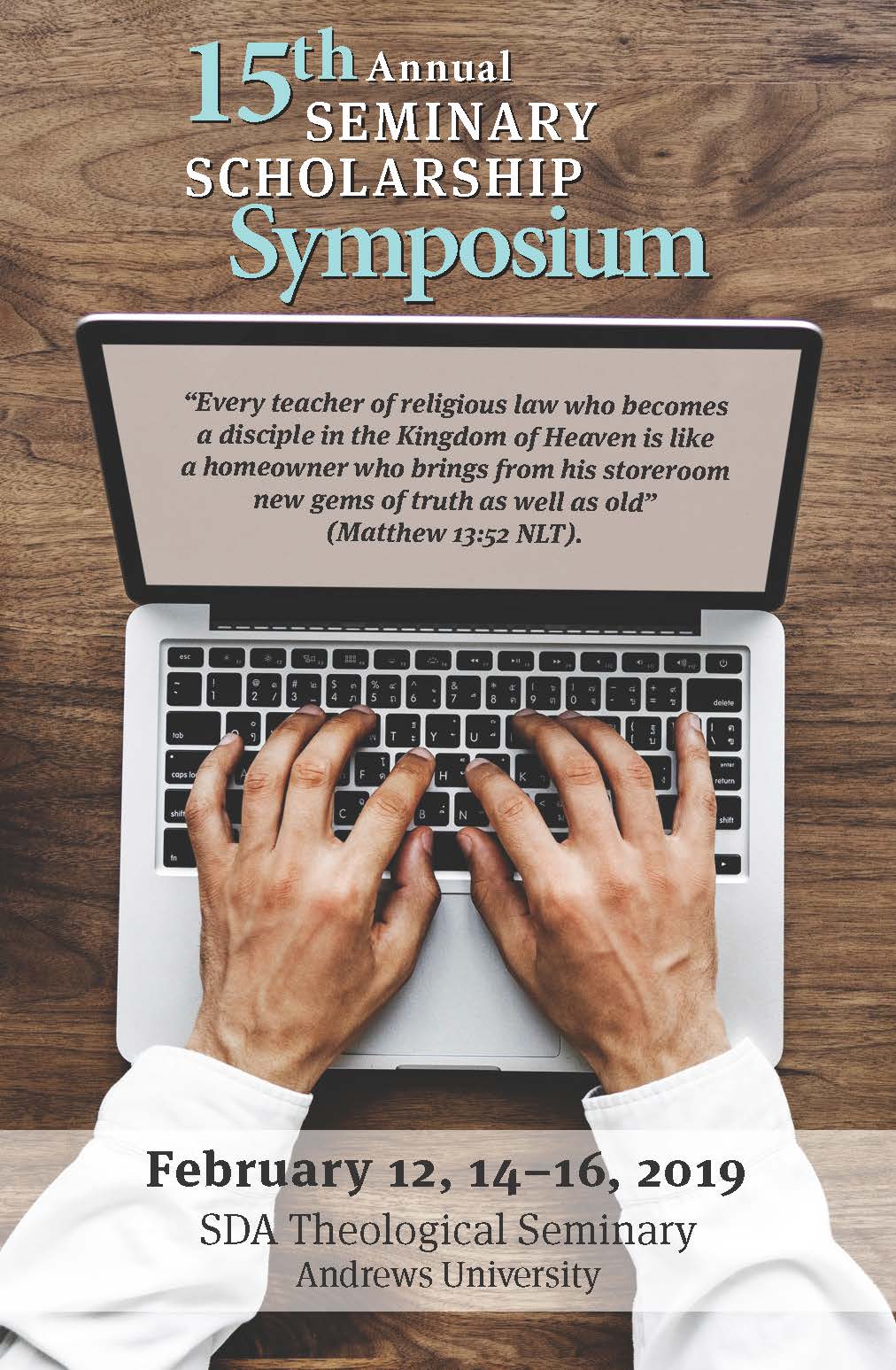The Friendship between Science and Religion
Location
Seminary Room N235
Start Date
15-2-2019 10:50 AM
End Date
15-2-2019 11:15 AM
Description
Many discussions of the relationship between science and religion start with the premise of conflict. However, this need not be the case. According to Alvin Plantinga, “There is superficial conflict but deep concord between science and religion.” In this presentation, we will examine the roots of that “deep concord,” and show that they arise from the Christian beliefs of the early founders of modern empirical science. The foundational principles upon which modern science is based—the universe is worth studying, it follows mathematical laws, humans are capable of understanding those laws, and the results must be repeatable—arise directly from the doctrine of Creation and the Fall. Once we understand the implications of the fact that Christians, not atheists, established the methodology of modern empirical science, we will be better equipped to handle conflicts that arise between current understandings of theology and science. We will be able to understand many of these conflicts as legitimate differences between friends, rather than as existential threats that must be overcome at all costs.
The Friendship between Science and Religion
Seminary Room N235
Many discussions of the relationship between science and religion start with the premise of conflict. However, this need not be the case. According to Alvin Plantinga, “There is superficial conflict but deep concord between science and religion.” In this presentation, we will examine the roots of that “deep concord,” and show that they arise from the Christian beliefs of the early founders of modern empirical science. The foundational principles upon which modern science is based—the universe is worth studying, it follows mathematical laws, humans are capable of understanding those laws, and the results must be repeatable—arise directly from the doctrine of Creation and the Fall. Once we understand the implications of the fact that Christians, not atheists, established the methodology of modern empirical science, we will be better equipped to handle conflicts that arise between current understandings of theology and science. We will be able to understand many of these conflicts as legitimate differences between friends, rather than as existential threats that must be overcome at all costs.



